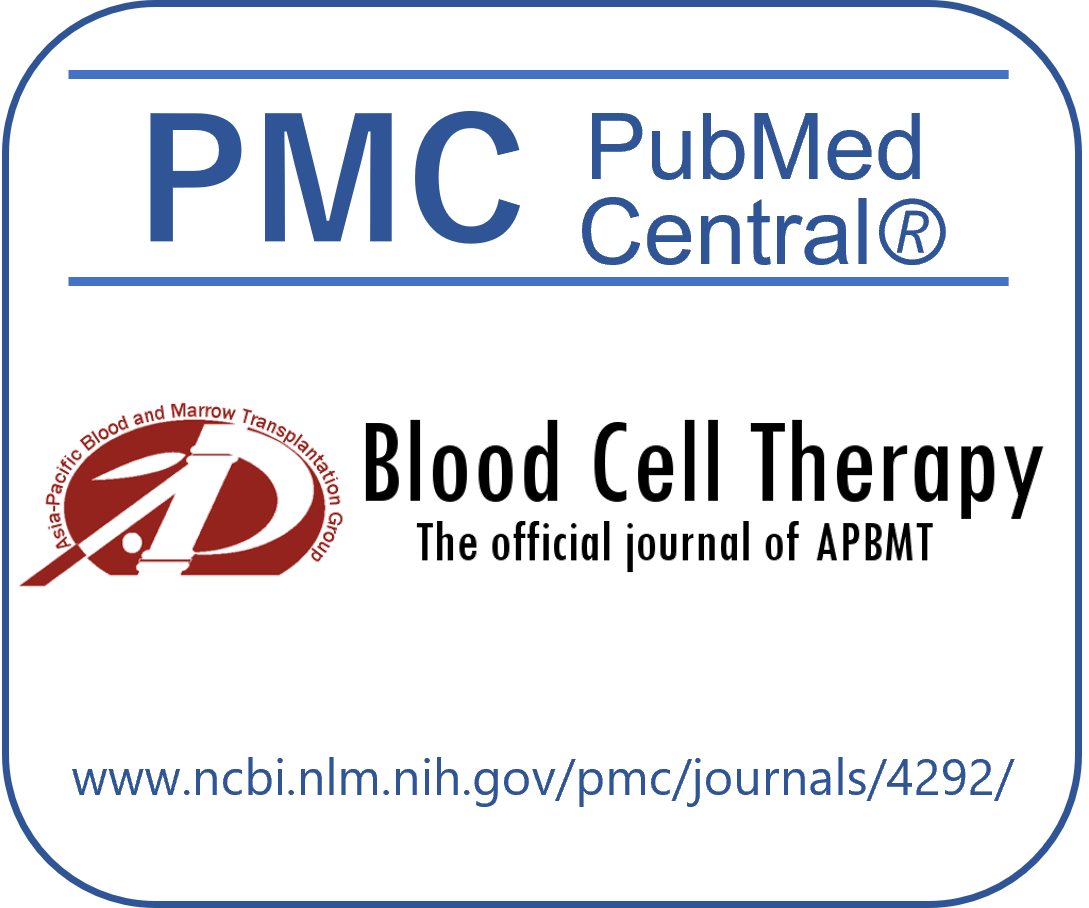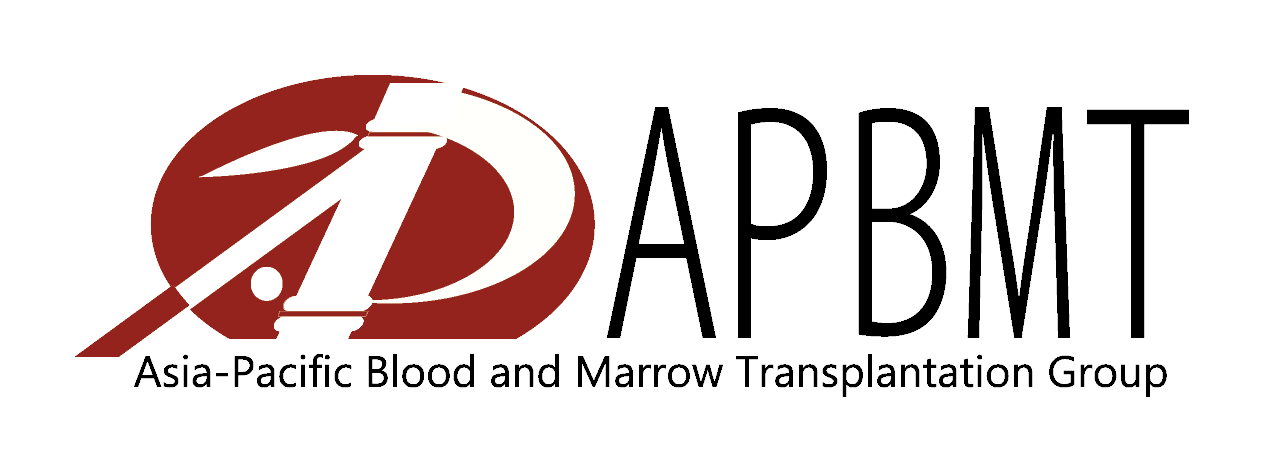404 ERROR
The system is not able to find what you were looking for.
Go back to what you were doing. Page Not Found.
Search
News
November 25, 2025
Volume 8 (2025) Issue 4 No.7
Incidence, Risk Factors, and Outcomes of Viral Reactivations in Alternative Donor Hematopoietic Stem Cell Transplants...

Online ISSN:2432-7026


